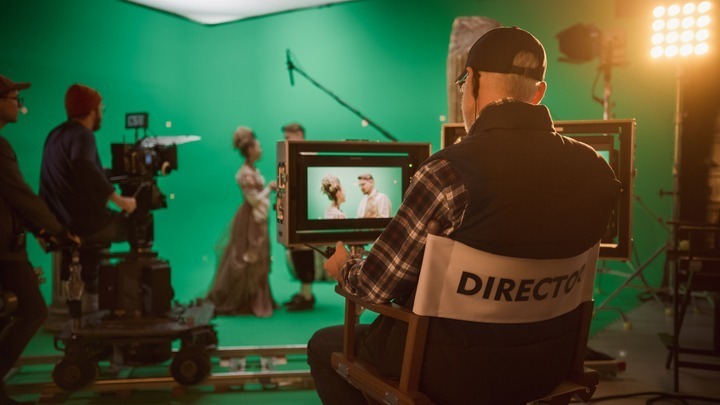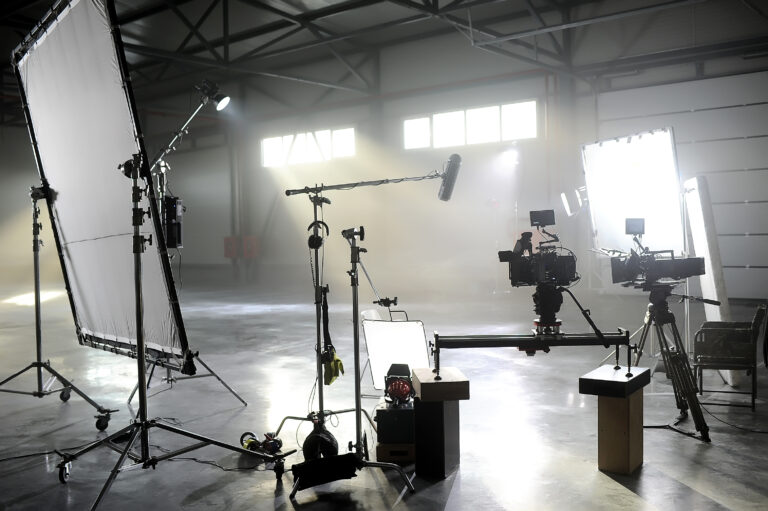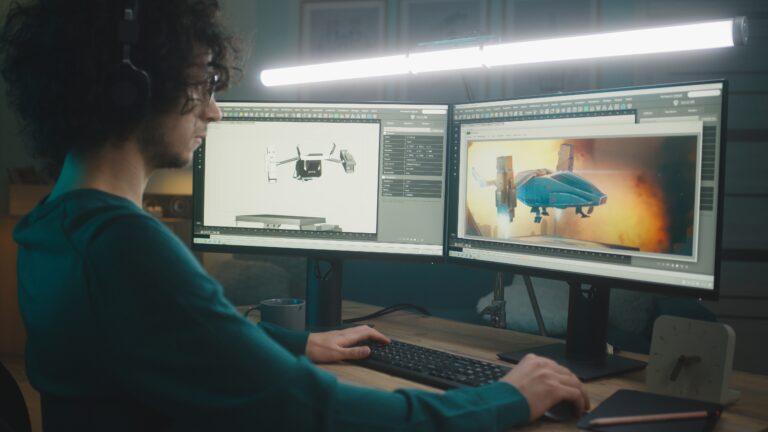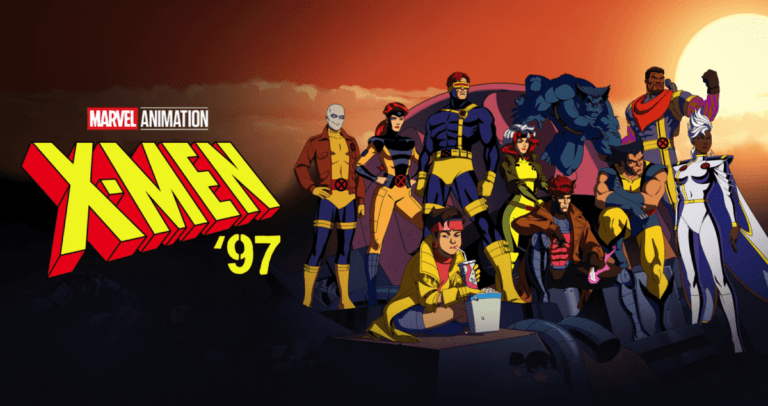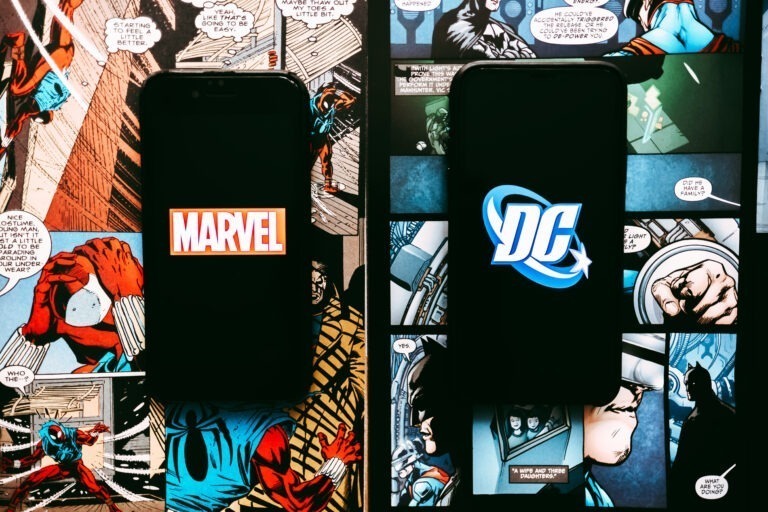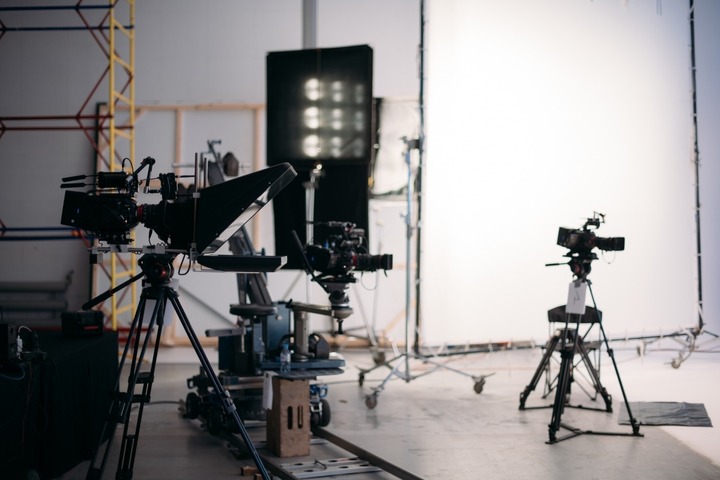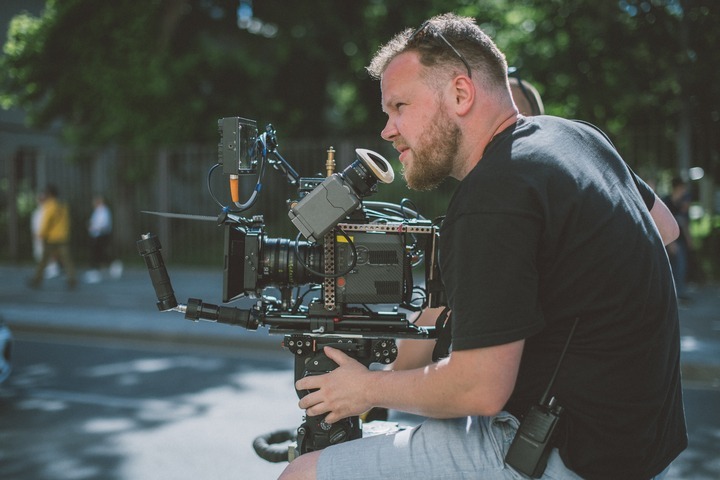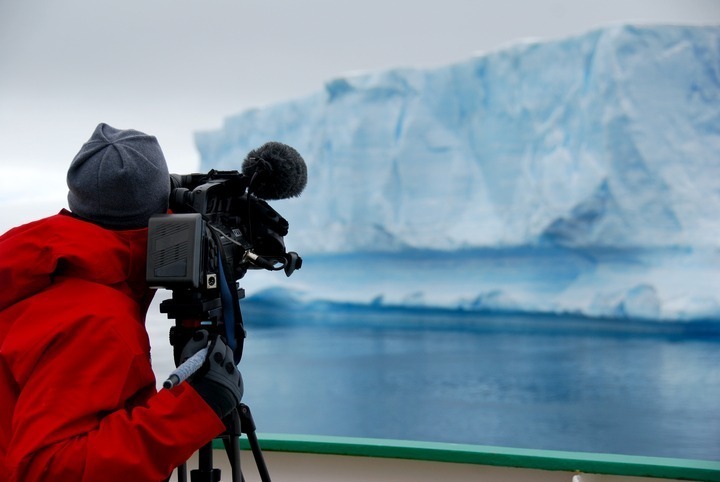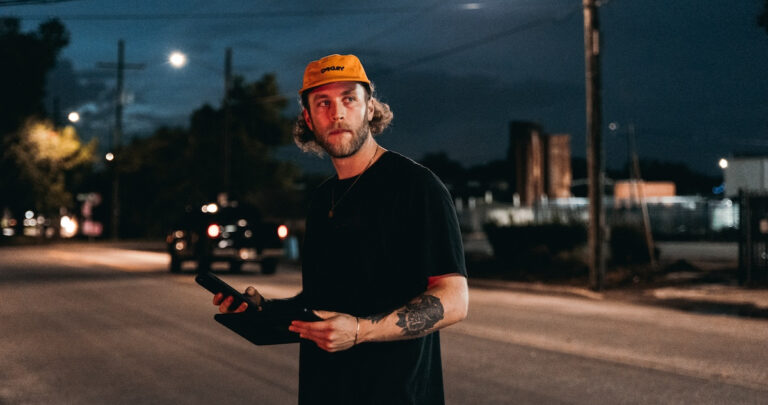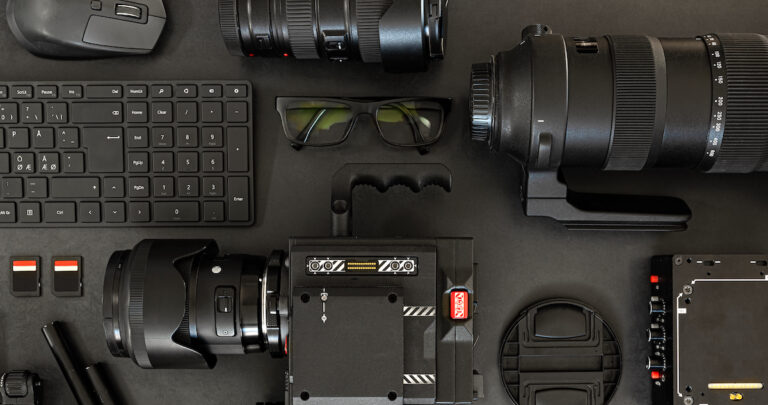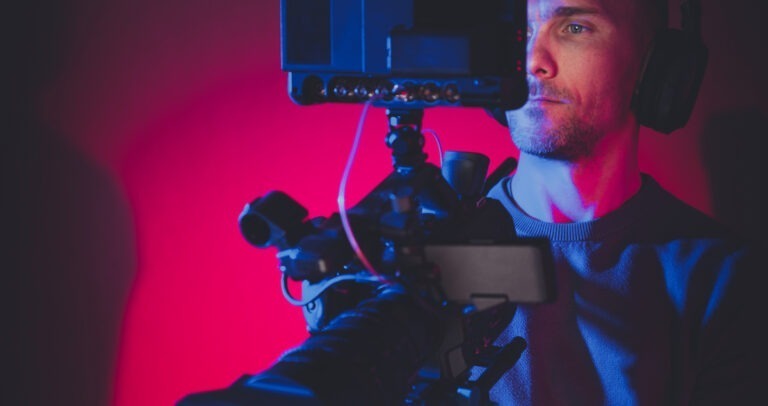Consider, if you will: Hitchcock’s suspense to Spielberg’s memorable dialogue. They’re regarded as two of the best directors of all time. They brought visual storytelling to life and pushed the boundaries of filmmaking. By studying their techniques, you can gain insight into the craft of directing and creating successful videos and movies. From using innovative camera techniques to taking creative risks that challenge the norm.
And at Voice123, we’re all about thinking creatively, whether it’s for audio or video projects. Let’s explore what is a director, what makes a great director, and what you can learn from them.
Are you ready to create the stuff that dreams are made of?
What is a director?
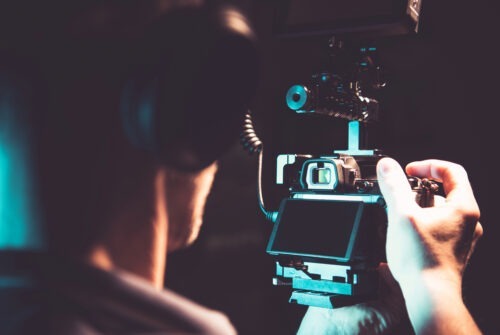
A director is a person who decides on the creative vision for a film and makes all the important decisions regarding the story’s script-writing and acting so they can oversee each aspect of the movie’s production. A director also collaborates with various departments through pre-production, like cinematography, screenwriters, art direction, and costume design, to create immersive cinematic experiences. And oversee actors’ performances and set camera angles so the overall visual style of a scene aligns with the story’s intended tone and mood.
For example, famous directors on sci-fi movie sets – like James Cameron – lead special effects teams and acting performances to bring futuristic technology and creatures to life. Think Terminator 1 and 2, Avatar 1 and 2 – and even Titanic. These directors use innovative filming techniques to capture adventure and suspense. But what makes the best director of all time?
What makes ‘the best director of all time’?
The crucial aspects that make a person the best director of all time are their ability to skillfully blend artistic vision, technical expertise, strong leadership, and storytelling prowess to transform simple ideas into dynamic cinematic language. The movies of these directors demonstrate innovation and distinctive style. They tell compelling narratives built on emotional and intellectual impact. Francis Ford Coppola (The Godfather) and Frank Darabont (The Shawshank Redemption) are two directors who built famous narratives based on the complexities of human nature. Here’s more on the best directors of all time.
Who are the best directors of all time?
Some of the best directors of all time are Alfred Hitchcock, Steven Spielberg, Martin Scorsese, Quentin Tarantino, and Christopher Nolan. They created some of the most iconic and memorable films of all time, infusing their own unique style into every production. For example, Alfred Hitchcock produced suspenseful thrillers with strong female leads. Steven Spielberg is the master of intense, emotionally-charged scenes. Martin Scorsese is renowned for deep character studies and immersive storytelling. Quentin Tarantino is famous for stylized violence and memorable dialogue. And Christopher Nolan is known for complex, mind-bending concepts. Here’s more on their directorial style.
The directorial style of the best directors
The best directors of all time have their own signature style, from the way they shoot a scene, direct actors, or tell a story. This creates an invaluable learning experience for aspiring filmmakers.
Here’s a breakdown of 5 different directorial styles.
- As the master of suspense and psychological storytelling, Alfred Hitchcock’s 1960s thriller Psycho used innovative camera angles to create on-screen fear and tension in a groundbreaking nail-biter.
- Steven Spielberg’s 1975 horror Jaws blended heart-pounding action with emotional depth. By creating a mechanical great white shark, they were able to capture attack scenes that were both terrifying and emotional in this landmark blockbuster.
- Martin Scorsese’s 1990 film Goodfellas focused on long tracking shots, voice over narration, dynamic camera movements, and a pulsating soundtrack to capture the violent and glamorous world of organized crime, leaving a lasting impact on the crime genre.
- Quentin Tarantino’s 1994 Pulp Fiction highlighted non-linear storytelling, and sharp dialogue with pop culture references, creating a clever narrative structure that gained a massive cult following.
- Christopher Nolan’s 2010 film Inception uses visually stunning action sequences shot with minimal use of CGI to navigate the complex concept of dreams within dreams that challenge the audience’s perception of reality, making the film a commercial and critical success.
Common techniques used by the best directors
The best directors of all time also have certain techniques that are staples in their movies. Whether it’s symmetry and framing or focusing on character-driven stories, famous directors have unique filmmaking techniques that are their trademark.
Here are some common directing/filmmaking techniques.
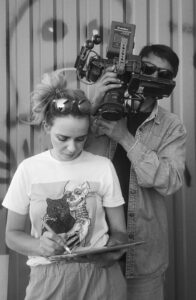
- Alfred Hitchcock used dramatic irony, surprise, and tension to build suspense. He also used precise camera movements, like dolly zooms and tracking shots, to create visual impact and emphasize key moments.
- Steven Spielberg focused on emotional storytelling through visual cues, like the iconic silhouettes in E.T. the Extra-Terrestrial. He also uses long takes to maintain continuous tension in a scene.
- Martin Scorsese relies on voice over narration to provide insight into a character’s thoughts or to guide the audience through the story. Pros like those on Voice123 have the skill to enhance the emotional impact of any scene.
- Quentin Tarantino is known for non-linear narratives like flashbacks and time jumps and sharp, witty dialogue that creates memorable exchanges between characters.
- Christopher Nolan explores the perception of reality using practical effects over CGI and creating visually authentic action sequences. He also plays with time manipulation to add layers of intrigue to a story.
What can you learn from the best directors of all time?
- Take creative risks: Famous directors aren’t afraid to try new, innovative techniques or storytelling approaches.
- Embrace collaboration: Working with a team of talented individuals is crucial to creating something truly special in filmmaking.
- Be dedicated: Commitment is vital to excel in your craft.
- Be open to learning: Stay receptive to new styles and methods in this evolving cinematic world.
How to apply the techniques of the best directors to your own projects
Start by analyzing films directed by the best directors to get a feel for their unique styles and storytelling approaches. Then pay attention to how they use camera angles, lighting, and editing to create a distinct atmosphere in their films. Next, take inspiration from their character development and story arcs. And don’t be afraid to experiment with innovative techniques. Finally, use strong imagery, symbolism, and visual metaphors to enhance your narrative and reach your audience.
Final thoughts on the best directors of all time
So, film buffs, the best directors of all time, are those who pushed the boundaries of cinematic art and revolutionized the way we think and feel about movies. And by studying the techniques and styles of directors of famous movies, like taking risks, working with talented individuals, putting in the work, and being open to learning, you can boost any creative endeavor you point your director’s chair at.
And whether you’re a budding film director, an aspiring screenwriter, or an avid video enthusiast, look no further than the professional voice actors from Voice123 to help you round off your best project.
Are you inspired by the masters of film? Then it’s time to direct your own cinematic masterpiece!
FAQs
Names often mentioned: Orson Welles, Stanley Kubrick, Alfred Hitchcock, Akira Kurosawa, and Ingmar Bergman.
Who is in the top 5 directors of all time?
Alfred Hitchcock, Stanley Kubrick, Martin Scorsese, Steven Spielberg, and Akira Kurosawa.
Steven Spielberg is one of the most popular and influential directors in Hollywood.


